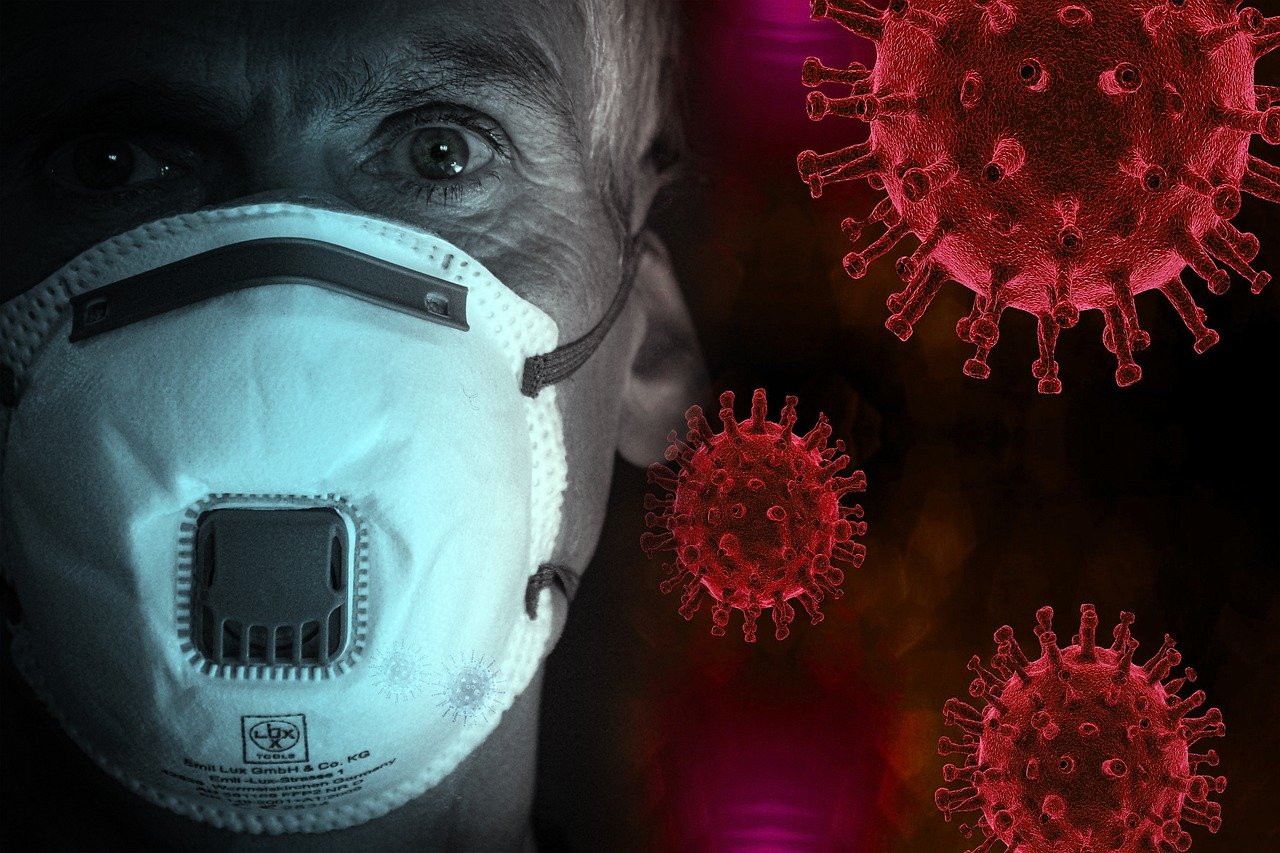
Can recovered COVID-19 patients get infected again? The World Health Organization (WHO) says there is no evidence it is not possible.
The international agency stated that individuals who contracted the coronavirus are not completely immune to the virus. Without evidence, there is a possibility that former COVID-19 patients can get infected again.
“There is no evidence yet that people who have had COVID-19 will not get a second infection,” the WHO said in a new scientific brief.
The WHO warns governments that issue “immunity passports” to people who have had COVID-19. Such act assumes they are safe to live a normal life again.
“At this point in the pandemic, there is not enough evidence about the effectiveness of antibody-mediated immunity," the brief said. There is no guarantee for the accuracy of an"'immunity passport" or "risk-free certificate."
The WHO released the brief as guidance on implementing new public health and social measures for the next level of the COVID-19 response.
“People who assume that they are immune to a second infection because they have received a positive test result may ignore public health advice. The use of such certificates may therefore increase the risks of continued transmission," the WHO said.
WHO says it is evaluating evidence on antibody responses to SARS-CoV-2, the virus that causes Covid-19-infection.
Moreover, the brief says “most” of the studies reveal that people who have “recovered from infection have antibodies to the virus.”
No study has “evaluated whether the presence of antibodies to SARS-CoV-2 confers immunity to subsequent infection by this virus in humans."
Resurgence of COVID-19
On the third week of April, WHO director general Tedros Adhanom Ghebreyesus said that resurgence of the COVID-19 disease will likely continue.
“Our global connectedness means the risk of re-introduction and resurgence of the disease will continue,” said Ghebreyesus.
“Ultimately, the development and delivery of a safe and effective vaccine will be needed to fully interrupt transmission,” he added.
Meanwhile, the US hinted that they will start loosening lockdown measures on May 1.
“These decisions must be based first and foremost on protecting human health, and guided by what we know about the virus and how it behaves,” said Ghebreyesus at a media briefing on Monday.
“We’re all learning all the time and adjusting our strategy, based on the latest available evidence. We can only say what we know, and we can only act on what we know,” he noted.
Lifting coronavirus lockdowns
Meanwhile, a study published in medical journal The Lancet suggested that coronavirus lockdowns must not be completely lifted worldwide until a vaccine for the disease has been developed.






